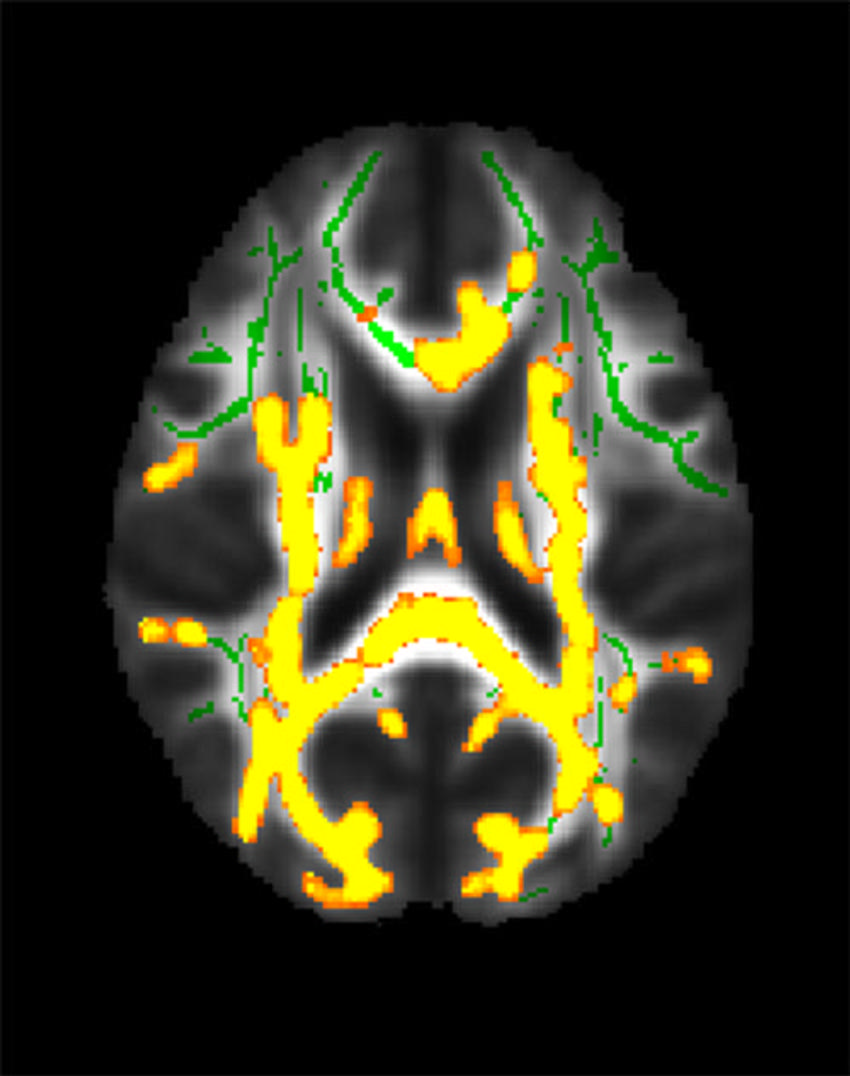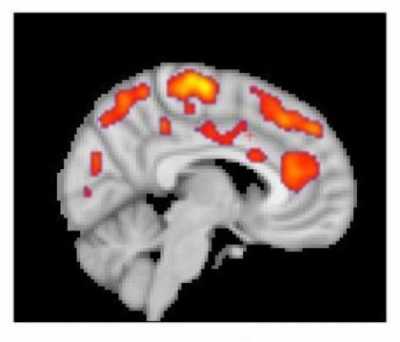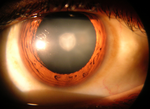Alzheimer's - Dementia, Author Interviews, JAMA, UC Davis / 25.03.2024
With Better Health Comes Bigger Brains In US Population
MedicalResearch.com Interview with:
Charles DeCarli, MD, FAAN, FAHA
Victor and Genevieve Orsi Chair in Alzheimer's Research
Distinguished Professor of Neurology
Director, Alzheimer's Disease Research Center
and Imaging of Dementia and Aging (IDeA) Laboratory
Department of Neurology and Center for Neuroscience
University of California at Davis
Sacramento, CA 95817
MedicalResearch.com: What is the background for this study?
Response: The overall health of the U.S. population has improved dramatically over the last 100 years, Individuals are also living longer resulting in an increasing percentage of the population at risk for Alzheimer’s disease and related dementias (ADRD). Recent data from the Framingham Heart study, however, finds that dementia incidence may be declining. While many factors such as greater educational achievement and medical management of vascular risk factors may explain part of this effect, early life environmental differences also likely contribute. (more…)






























